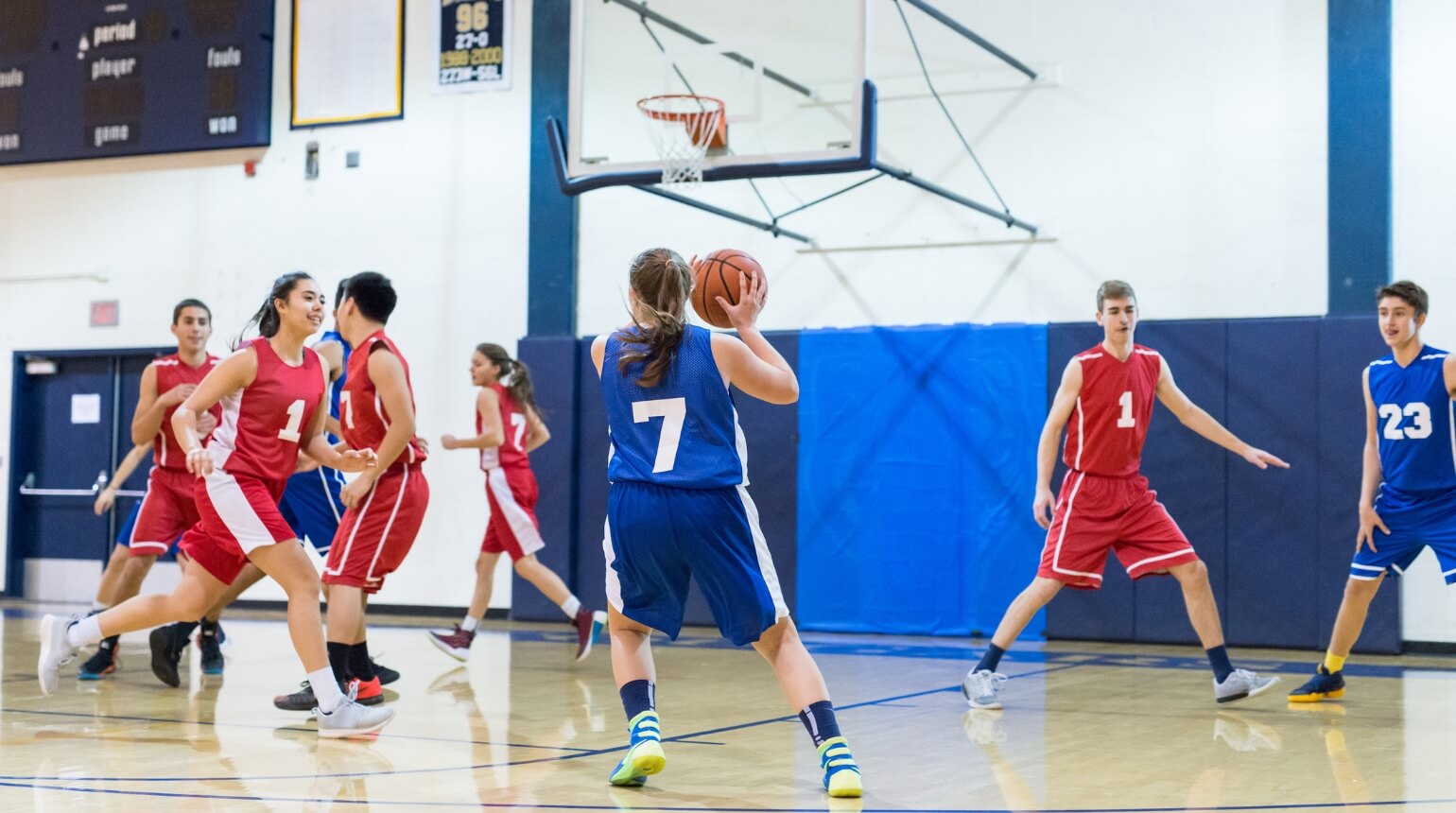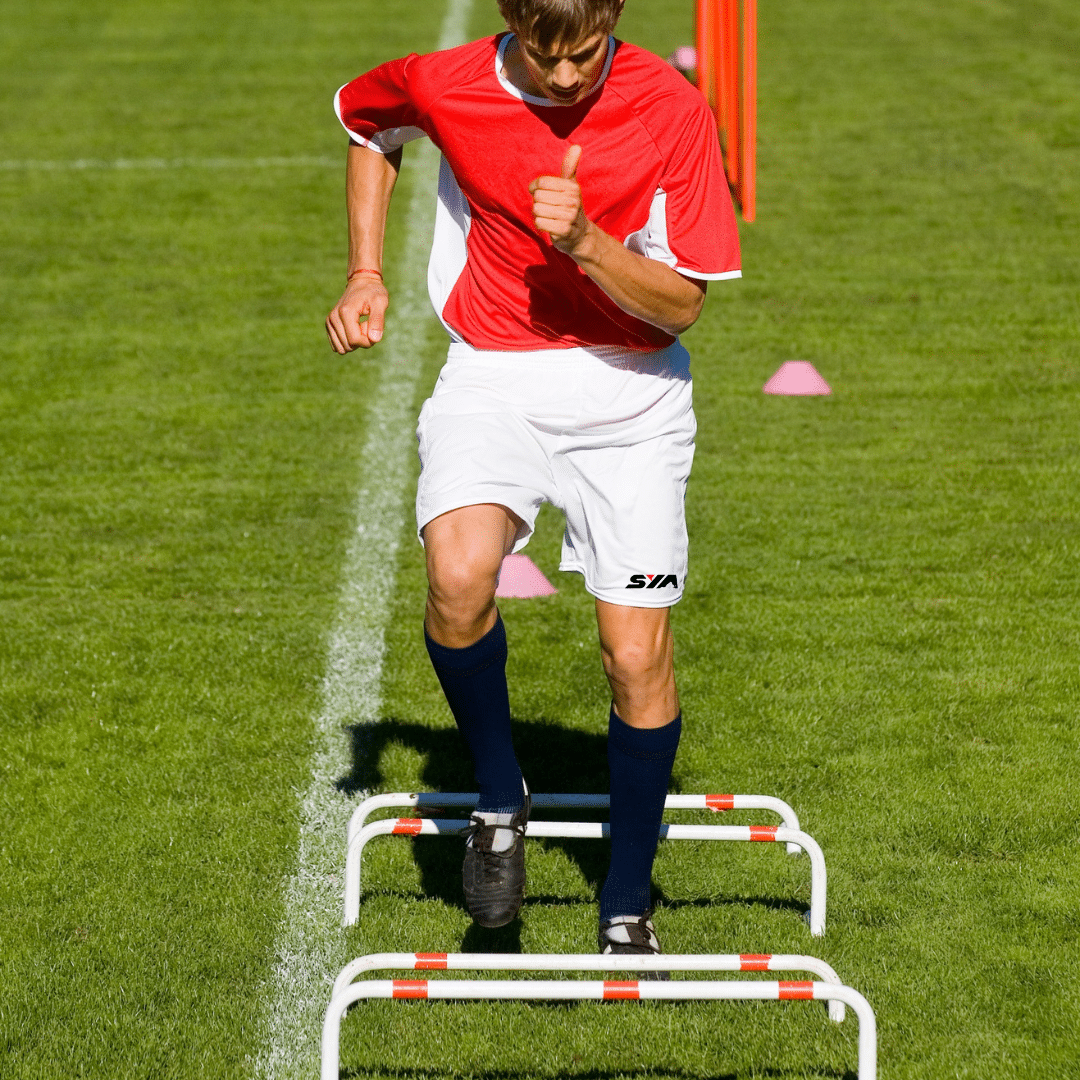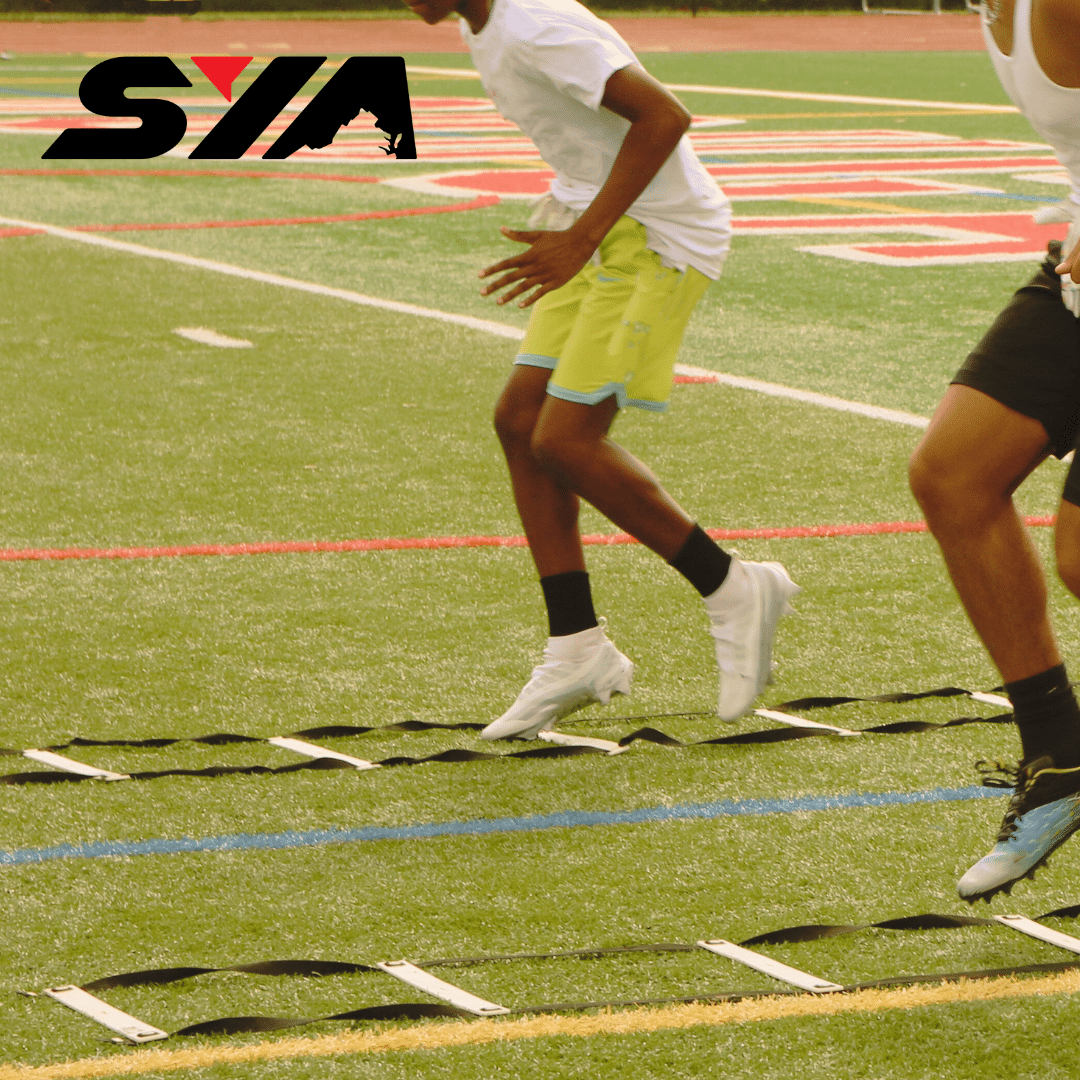Players Code
Each player will ensure that his/her playing conduct is that of a young lady or gentleman fairly competing to the limit of his/her ability. To satisfactorily meet these responsibilities, the player is expected to:
- Know the rules and abide by them.
- Respect the game officials and refrain from addressing them or commenting on their decisions during the play of the game. The game captain or designate may address the officials during the game but only within the provisions of the rules and in a courteous, respectful manner.
- Maintain control of his/her emotions, avoiding the use of abusive language or profanity, humiliating remarks, and/or gestures of ill temper, and physical assault upon another player at any time.
- Respect the coaches and players of the opposing team and demonstrate appropriate gestures of sportsmanship at the conclusion of game – be humble and generous in victory and proud and courteous in defeat.
- Follow all building rules and regulations, respecting at all times the property of others. Be aware that there is to be no shooting at baskets during time outs or intermission of games that are in progress- Before each game only the teams warming up for the next game should be shooting at the baskets.
- Realize, accept, and practice the principle that a team’s reputation is built not only on its playing ability but also on the sportsmanship, courtesy and manners of each individual player.
Parents Code
- I will not force my child to participate in sports.
- I will remember that my child is participating to have fun and learn fundamentals and that the game is for our youth.
- I will inform the coach of any physical disability or ailment that may affect the safety of my child or the safety of others.
- I will trust those that understand the rules of the game and the policies of the league.
- I (and my guests) will be a positive role model for my child and encourage sportsmanship by showing respect and courtesy, and by demonstrating positive support for all players, coaches, officials and spectators at every game, practice or other sporting event.
- I (and my guests) will not engage in any kind of unsportsmanlike conduct with any official, coach, player, or parent such as booing and taunting; refusing to shake hands; or using profane language or gestures.
- I will not encourage any behaviors or practices that would endanger the health and well-being of the athletes.
- I will teach my child to play by the rules and to resolve conflicts without resorting to hostility or violence or verbal bashing.
- I will demand that my child treat other players, coaches, officials and spectators with respect regardless of race, creed, color, sex or ability.
- I will teach my child that doing one’s best is more important than winning, so that my child will never feel defeated by the outcome of a game or his/her performance.
- I will praise my child for competing fairly and applying solid work ethic… effort not outcome.
- I will never ridicule my child or any other participant for making a mistake or losing a competition.
- I will emphasize skill development and practices and how they benefit my child over winning.
- I will promote the emotional and physical well-being of the athletes ahead of any personal desire I may have for my child to win.
- I will respect the officials and their authority during games and will never question, discuss, or confront coaches at the gym, and will take time to speak with coaches at an agreed upon time and place.
- I will demand a sports environment for my child that is free from drugs, tobacco, and alcohol and I will refrain from their use at all sports events.
- I will refrain from yelling, screaming or coaching my child or other players during games and practices.
- I will counsel my child on the importance of these issues.
Coaches Code
Each coach will ensure that his/her conduct is that of a coach fairly competing to the limit of his/her ability. To satisfactorily meet these responsibilities, the coach is expected to:
- Know the rules and abide by them. Pay special attention to player participation rules.
- Commit to developing every player on your team.
- Instruct team members in the rules and coach his/her team in such a way as to motivate each player to compete according to the rules at all times.
- Respect the game officials and refrain from questioning their decisions in a disrespectful or abusive manner.
- Ensure that players, spectators/fans do not shoot at the baskets during timeouts or intermissions.
- Ensure that all building rules and regulations are followed by the players and spectators.
- Always wear your Volunteer Building Director badge, or have a parent with their badge at every game and practice.
- Ensure that fans of his/her team conduct themselves with sportsmanship and maturity at all times while in attendance at game sites; assist the game officials in maintaining control of spectators during the games.
- Respect the coaches and players of the opposing team both during the play of the game and at its conclusion, win or lose.
- Teach each player, especially through personal example, to be humble and generous in victory and proud and courteous in defeat.
- Maintain control of his/her emotions and avoid actions, language, and/or gestures that may be interpreted as hostile and humiliating.
- Instruct team support personnel (e.g., assistant coaches, scorekeepers, and timekeepers) in their responsibilities in accordance with established rules and procedures.
- Realize, accept, and practice the principal that a team’s reputation is built not only on its playing ability, but also on its sportsmanship, courtesy, and manner.
- Provide your team with a FIRST AID KIT that meets the requirements of the Virginia High School League with regard to their Infectious Disease Policy.










